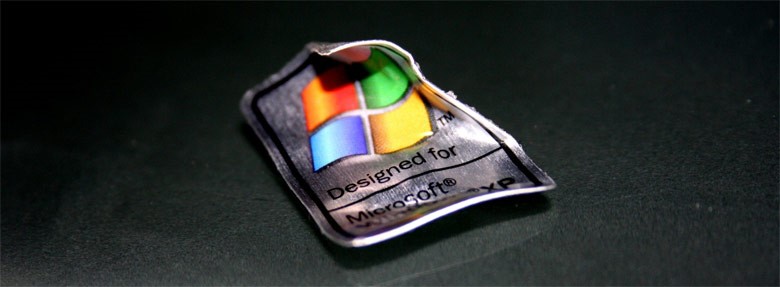This means there will be no new security updates, no non-security hotfixes, no free or paid assisted support options or online technical content updates from Microsoft. Any system left on Windows XP will be much more vulnerable to intrusions and infections like viruses and hackers. Another issue will be that future versions of certain software will not be compatible, meaning that you are left without any updates or upgrades to the software you need.
Did you know Windows XP is 13 years old? It’s been much loved and trusted, but let’s talk about why it’s worth upgrading to the latest versions of Windows. First off, your computer will be as up-to-date and secure as it can be. Still not convinced? Here are a few more reasons…

Contents
Benefits of upgrading
The speed of newer versions of Windows is one of the main advantages of upgrading. In my experience Windows 8 is up to twice as fast when working throughout the day, which means productivity is increased as you can complete tasks much faster than before.
Security
Like I said above, the end of support makes your PC much easier to hack into. Microsoft will no longer give XP machines methods of defending themselves, increasing the chance of having your documents and data stolen, lost or misused, which is never a good thing!
The future
Whether you choose to upgrade to Windows 7 or 8, you will have a greater amount of options when new features, hardware or software are released. For example, your experience of using a tablet will be optimised because it is what Windows 8 is arguably designed for.
Another consideration with this is that some software vendors will no longer provide their product for computers running XP.
A few things to consider
From my experience of upgrading XP computers to the latest version of Windows there are a few things you’ll need to consider first.
Hardware
It is possible that the hardware in your PC may not be capable of running Windows 7, 8 or 8.1. The table below shows the minimum hardware requirements as issued by Microsoft.
In some cases it would be much easier and cheaper to buy a brand new PC with the latest version of Windows already installed, and then backup your data and transfer it across.
Software
If your XP machine has hardware that is able to upgrade directly to the latest version of Windows effectively then Microsoft has provided a handy tool where you can check whether your applications will be compatible and then upgrade straight away. Click here to download the tool.
It’s a good idea to check whether all of the software you have will be able to run on the newer version of Windows to make sure you don’t lose anything.
Windows 7 Professional, Ultimate, and Enterprise also have a tool called XP Mode that allows you to run programs that cannot run alone on newer versions of Windows. It does this by running them in a separate box as though the application was being operated on an XP machine.
Documents and Data
Finally, one of the most important things to consider before doing anything is backing up your data.
Upgrading to Windows 7 means you would use the Windows Easy Transfer Tool which will help you copy across user accounts, documents, music, pictures, email, internet favourites, videos (basically everything!).
Windows 8, however, can be installed directly over Windows XP Service Pack 3 meaning that everything should automatically transfer over during the update. However, I would recommend backing up your data no matter which option you are going for.
Trust me, upgrading doesn’t have to be difficult
Yes, I work in IT, but I just upgraded my PC at home from Windows XP to Windows 8 to see how complicated it would be. I ‘ummed’ and ‘ahhed’ over whether it would be easier to upgrade or just go out and buy a new computer with the latest versions, but in the end I decided to upgrade.
Luckily my PC’s hardware was capable of running Windows 8 comfortably meaning that I didn’t have to upgrade any of the components of my PC, so I simply purchased Windows 8 and installed it over the top of the Windows XP I was running previously.
I have been using Windows 8 at work for quite a while, and after getting used to the modern layout of and the new Start menu, I have really grown to like it. The upgrade process was very simple and it meant that I didn’t lose any of my data. I really like that you can customise a lot of the features within Windows 8 to make it more personal.
[“source=resolve”]


